An overdose happens when a person takes a toxic level of a substance that can cause serious side effects and harm.
It can be caused by alcohol, illicit drugs, prescribed medication, herbal remedies, and exposure to or ingestion exposure to or ingestion of certain plants or fungi. At OK Rehab, the focus is on substance use and treatment so this blog is concerned with alcohol and drug overdose.
In 2021, there were “4,859 deaths related to drug poisoning… in England and Wales”.[1] In 2020, there were “8,974 deaths related to alcohol-specific causes registered in the UK”.[2] While it’s difficult to find overdose-specific statistics, it’s safe to assume that a huge amount of people from these statistics died through overdose.
Throughout this article we will cover overdose symptoms to be aware of, the risks that come with overdose and also the treatment required should an overdose occur.
Please note, if you’re concerned someone has overdosed, it’s a medical emergency and you should call emergency services on 999.
What’s an Overdose?

An overdose occurs when someone takes in a toxic amount of a substance and their body is unable to metabolise and excrete the alcohol or drug fast enough. Overdose is more likely if there’s polysubstance use (i.e. using more than one substance at a time).
Overdose can also happen with legal substances such as prescribed medication when more than the recommended dose is taken.
Some people might have addictive use with the medication and take more than guided, some might discover they’re more sensitive to the substance than expected, and others might take a purposeful overdose.
When an overdose happens, it overloads the system and the body and brain start to malfunction. This leads to serious and dangerous symptoms in the immediate situation but can also lead to ongoing health consequences.
At its worst overdose is fatal.
In this article we will further discuss overdose symptoms, what to look out for and how to help someone who you suspect has overdosed.
Cause of an Overdose
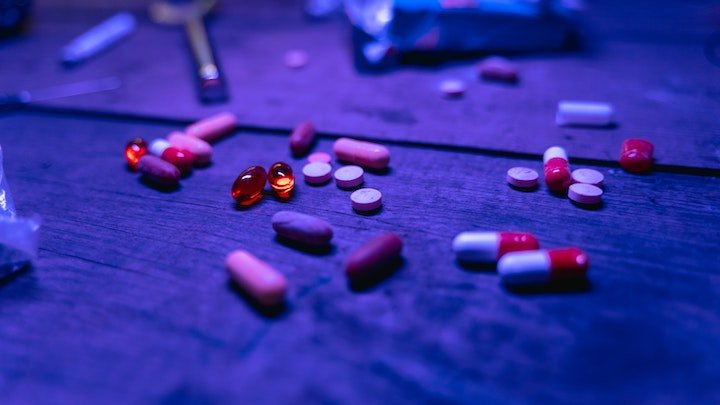
In adults, an overdose might be accidental. This is seen where a person has taken the wrong medication, accidentally taken too big a dose, or when the purpose of use was intoxication or a “high“.
There are also purposeful overdoses which occur when a person intends to harm themselves. This is seen when a person overdoses in an attempt to end their life.
In children, an overdose will be accidental and can occur when they have swallowed something toxic by accident (i.e. adult medication left within the child’s reach).
In teens, accidental overdoses can happen when they’re experimenting with alcohol and drugs, and purposeful ones can also occur if they’re attempting to harm themselves. There are overdose symptoms to look out for.
Which Substances Lead to Overdose?
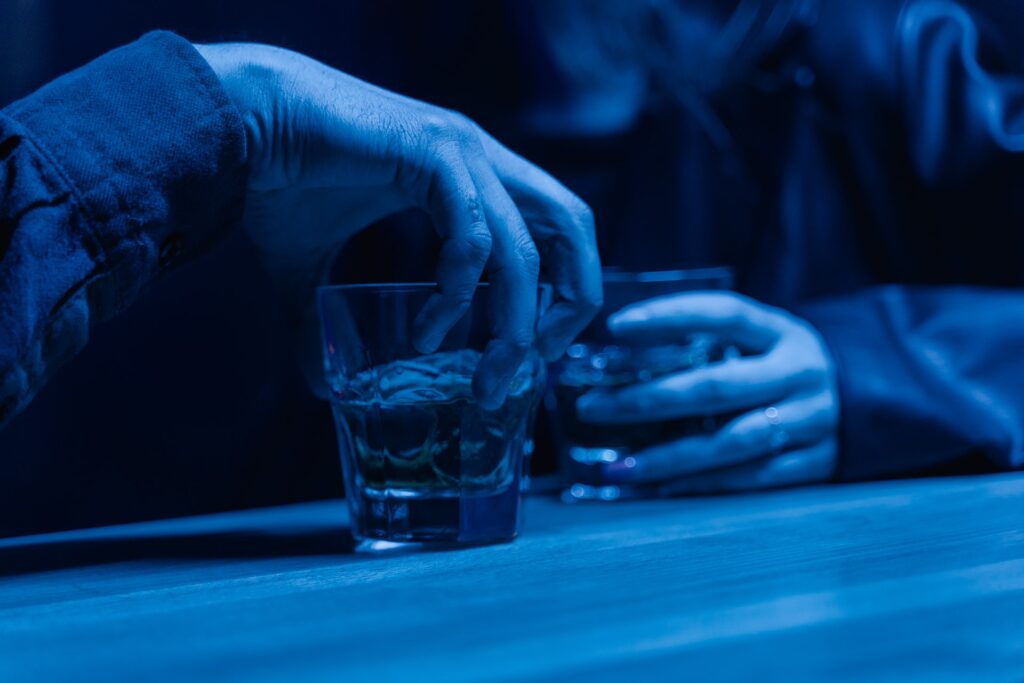
The substances that lead to overdose include:
- Alcohol
- Ketamine
- Stimulants – cocaine, speed, ecstasy
- Opioids – heroin, fentanyl, and prescribed painkillers
- Benzodiazepines – diazepine and alprazolam
- Plants (i.e. fungi), herbal remedies, and legal medications
What are the Symptoms of an Overdose?
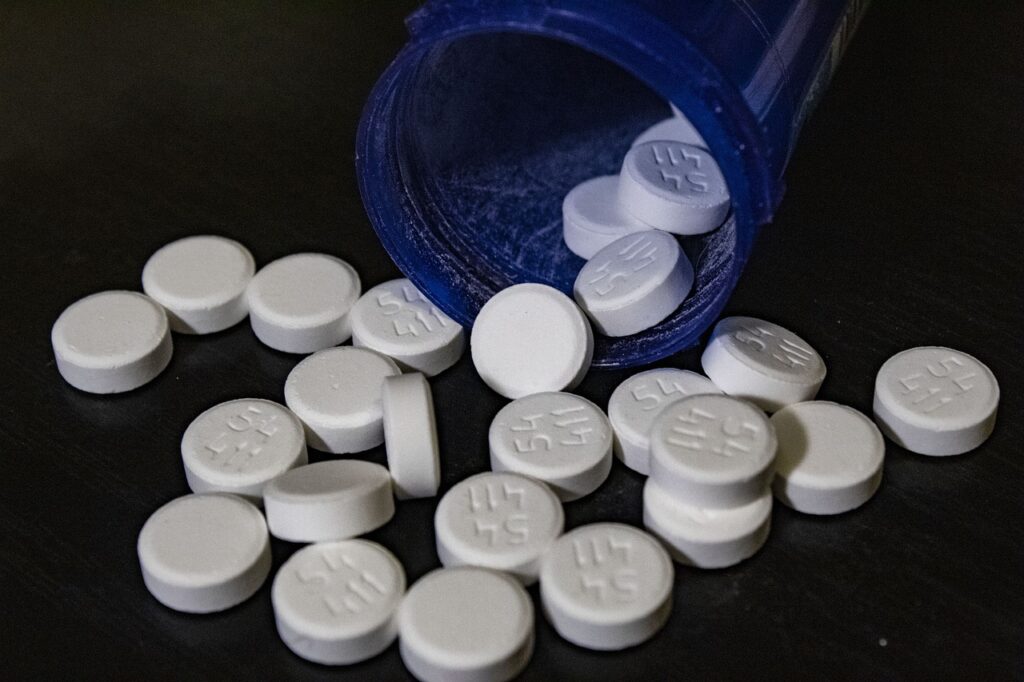
Taking toxic levels of or mixing substances can lead to lots of physiological symptoms. They can vary a lot depending on what’s been taken and individual differences (i.e. body shape, sex etc.).
Some substances have particular signs. For example, a heroin overdose is likely to show similar signs to a fentanyl overdose because they’re both opioids. Compared to a stimulant overdose, an opioid overdose can look quite different. This does, however, become more complex when substances are mixed.
Common across all overdoses, though, is that the vital signs around body temperature, heart rate, respiration rate, and blood pressure will all be affected.
The most significant sign of intoxication moving from a “high” into overdose is when a person becomes unresponsive, loses consciousness, fits, or when their breathing has severely slowed down or stopped, or become extremely rapid.
Below, we will talk about the specific overdose symptoms concerning different substances.
Signs of Alcohol Overdose
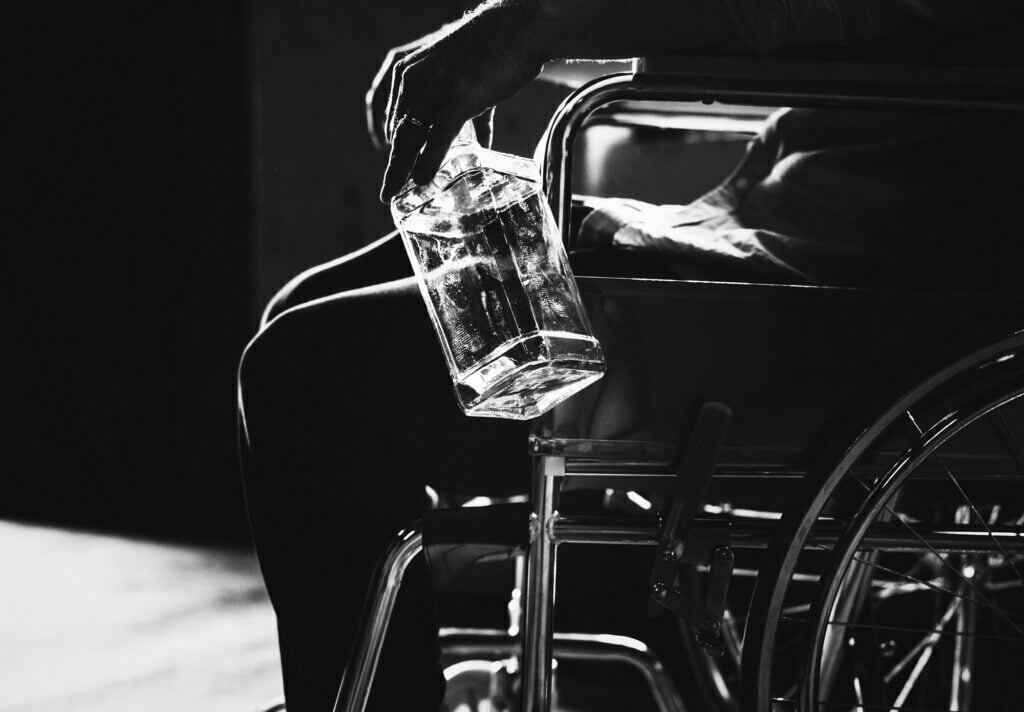
Signs of alcohol overdose include:
- Confusion
- Low temperature and clammy skim
- Slipping in and out of consciousness or total unconsciousness -no one is able no oneecann up
- Unresponsiveness
- Seizures
- Respiratory distress and slowed breathing
- Heartbeat slows or stops
- Vomiting – this is more serious during an overdose as it can lead to choking
Signs of Ketamine Overdose

Ketamine is a dissociative anesthetic. It eases pain and leads to amnesia, dysphoria, and hallucinations. An overdose of ketamine has the following signs:
- Chest pain
- Vomiting – more concerning if the person loses consciousness as this disrupts gag reflex and can lead to choking
- Extreme sedation and/or loss of consciousness
- Paralysis
- Seizures
Signs of Opioid Overdose

TParticular factors make overdoseoverdose more likely if you have an opioid use disorder including taking the substance intravenously, if you relapse after an abstinent period, or if you’re using prescription opioids without guidance. Whether street heroin or prescription synthetic opioids, overdose can occur.
Symptoms of overdose include:
- Loss of consciousness
- Pinpoint pupils
- Blue lips and fingers
- Gurgling or choking sounds
- Irregular, slowed or arrested breathing
- Becoming unresponsive
Signs of Stimulant Overdose (i.e. cocaine, methamphetamines)

People don’t often associate drug overdose with stimulants, but it’s a real and serious possibility. Symptoms include:
- High temperature
- Shortness of breath
- Panic and/or paranoia
- Hallucinations and psychosis
- Irregular or fast heartbeat
- Seizures
- Heart attack or stroke
Signs of Overdose from Benzodiazepines (i.e. diazepam and alprazolam)

The risk factors that make it more likely to overdose on benzodiazepines include having depression, a history of substance use, a dual diagnosis (i.e. addiction and mental health condition at the same time), mixing substances, or taking the wrong dose. Symptoms include:
- Severely impaired cognitive state
- Confusion and slurred speech
- Unresponsiveness
- Slowed or stopped breathing – this is the most common cause of death when a benzodiazepine overdose happens
- Coma
Other Signs of Overdose and Overdose Symptoms include:
- Diarrhoea
- Severe stomach pain and cramps
- Fluctuations in blood pressure
- Dizziness
- Loss of coordination and balance
Individual Effects
People respond differently according to their sex, height, age, what substance they took, how much of the substance is in the system and how they took it.
Overdose Risks
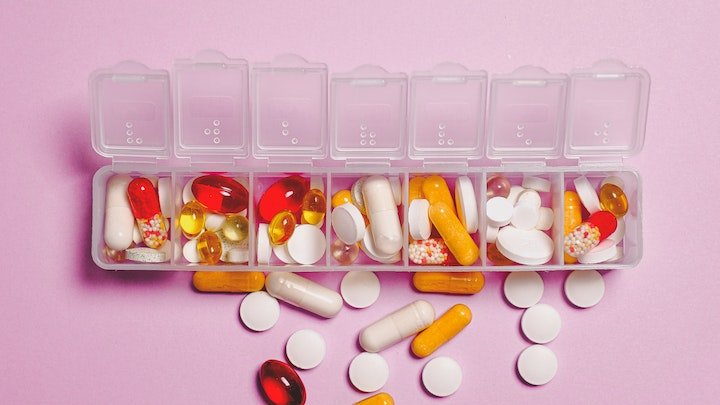
Certain factors make it more likely to overdose.
This might be because they innately have a low tolerance due to how they’re built. It can happen when a substance is cut so the person puts themselves at greater risk. Also, when people take intravenous drugs, they’re more likely to incur an overdose.
Accidental overdose is also more likely to occur when a lowered tolerance has come about without the person knowing i.e. after detox and sobriety a relapse can be especially dangerous because the person might take the same amount of the substance they had before the sober period not knowing their tolerance has reduced.
Intentional overdoses also need to be considered. These are more likely when a person also has depression, PTSD or a psychotic illness.
What To Do in the Case of Overdose
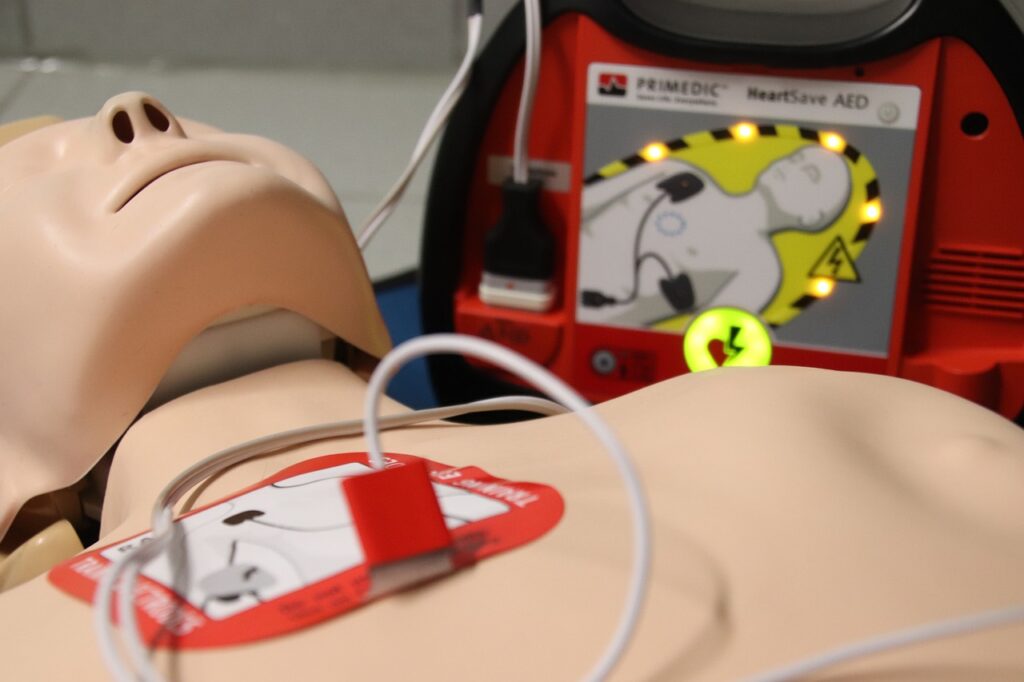
If someone is in a state of overdose, it’s important to firstly remain calm. This helps you to focus and pay attention. Put the person in the recovery position by laying them on their side, tilting their head and lifting the person’s chin.
Don’t give the person anything to eat or drink and don’t try to induce vomiting, stay with them.
Overdose requires medical care so call emergency services on 999. Tell the operator that you think someone is overdosing and tell them what the substance is if you know. The operator will give instructions on what to do.
If there are any medication boxes nearby, keep them to show emergency services on arrival.
Naloxone for Opioid Overdose
In the UK Naloxone isn’t available over the counter at chemists. It is, however, available from drug services. If you or someone you love has an opioid addiction, it’s advisable to seek support and training from local NHS drug services on how to administer this.
Naloxone is a medication that reverses the effects of opioids. Opioid death is usually due to breathing slowing down until the person stops breathing. Naloxone blocks this response and causes a person to breathe again.
It doesn’t have any effect on the body unless there are opioids in the system. Occasionally, the person might require a second dose of naloxone. Whatever the dose, they will still need to see a medical professional for a medical check-up afteReduce the
How to Reduce the Risk of Overdose

It’s likely that if a person is at risk of regular overdose they have an addiction or a mental health condition. Both require professional treatmeto to heal and recover.
About addiction, there are things you can do to help reduce the risks associated with overdose. These include:
- Learn about overdose symptoms
- Learn about drug use and dose
- Avoid mixing substances
- If have been sober for a while and are craving, contact an addiction specialist for support and guidance
- Harm reduction advice includes keeping any substance use to the minimal amount so that the risks are smaller
Treatment for Drug and Alcohol Misuse

If you have a drug or alcohol addiction or dependency, then the most effective way to reduce the risk of overdose, avoid it altogether, and make a full and sober recovery is by entering a drug and alcohol rehab clinic.
At these, you’ll be assessed by staff so they can put in place the most suitable treatment plan for your needs. This will include offering mental health support and therapies to address if there are suicidal and purposeful attempts to overdose.
Rehab programmes offer a wealth of therapies and holistic treatments to equip you to manage your addiction ihealthilyand go on to live a life of abstinence.
Alcoholics Anonymous and Narcotics Anonymous groups are also available for ongoing support around addiction.
Please note, if you’re having thoughts of self-harming, please contact your local GP or the Samaritans immediately for advice.
FAQs
1. What is the medical treatment for overdose?
Antidotes might be administered in the event of an overdose. The important thing is to contact emergency services to access the correct medical treatment.
2. What are 4 symptoms of an overdose?
The main symptoms of overdose depend on the substance. However, symptoms include increased body temperature, fluctuations in heart rate, increased or decreased respiration rate, and too high or low blood pressure, as well as unconsciousness and chest pain.
3. What happens when you have overdosed?
Overdose can lead to sweating, changes in how you breathe, chest pain, vomiting, confusion, delirium, unconsciousness, and coma.
4. Can You Overdose on Ibuprofen?
Yes, you can overdose on Ibuprofen. It can lead to damage to the stomach and intestines, various overdose symptoms and at worst can lead to death.
References





